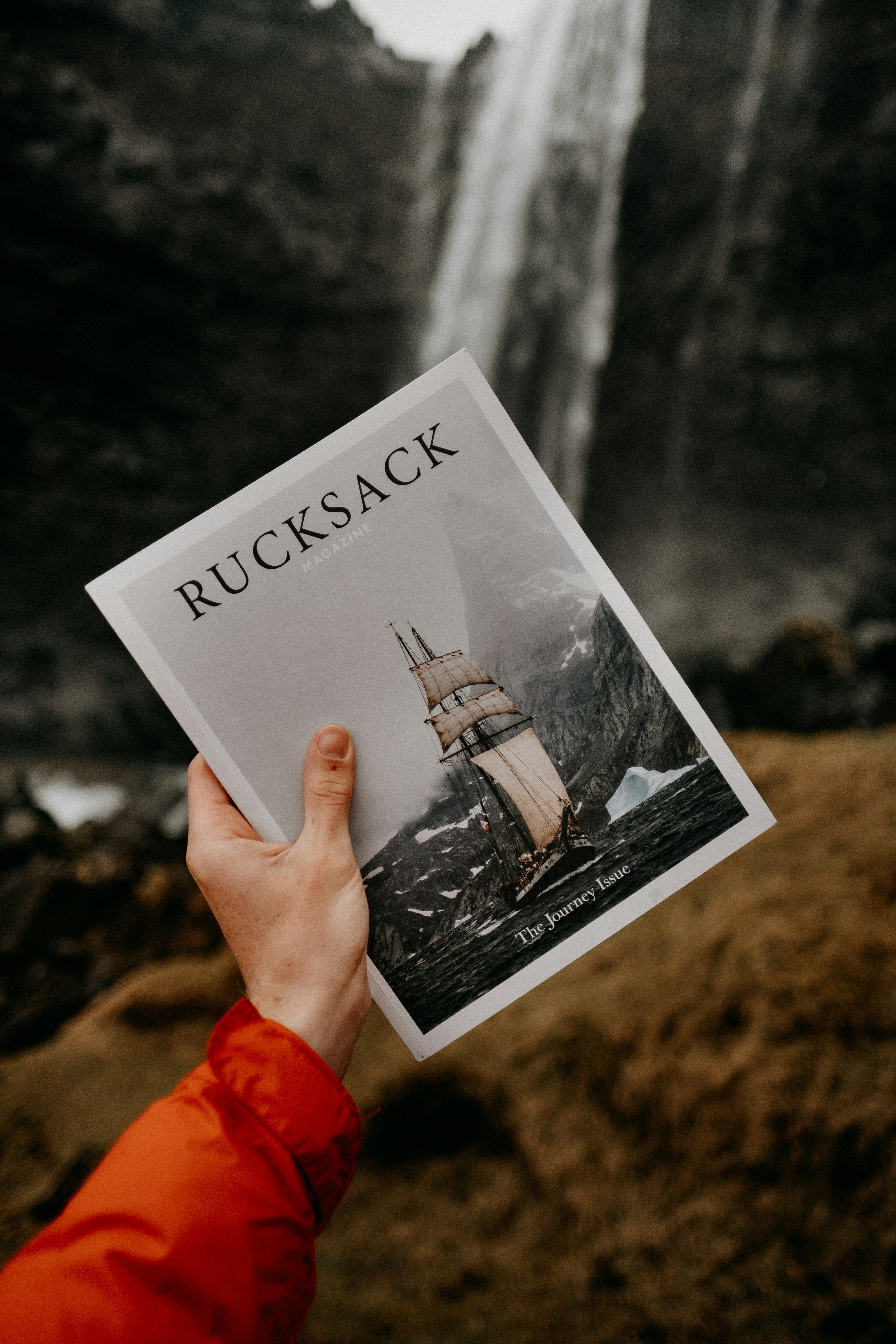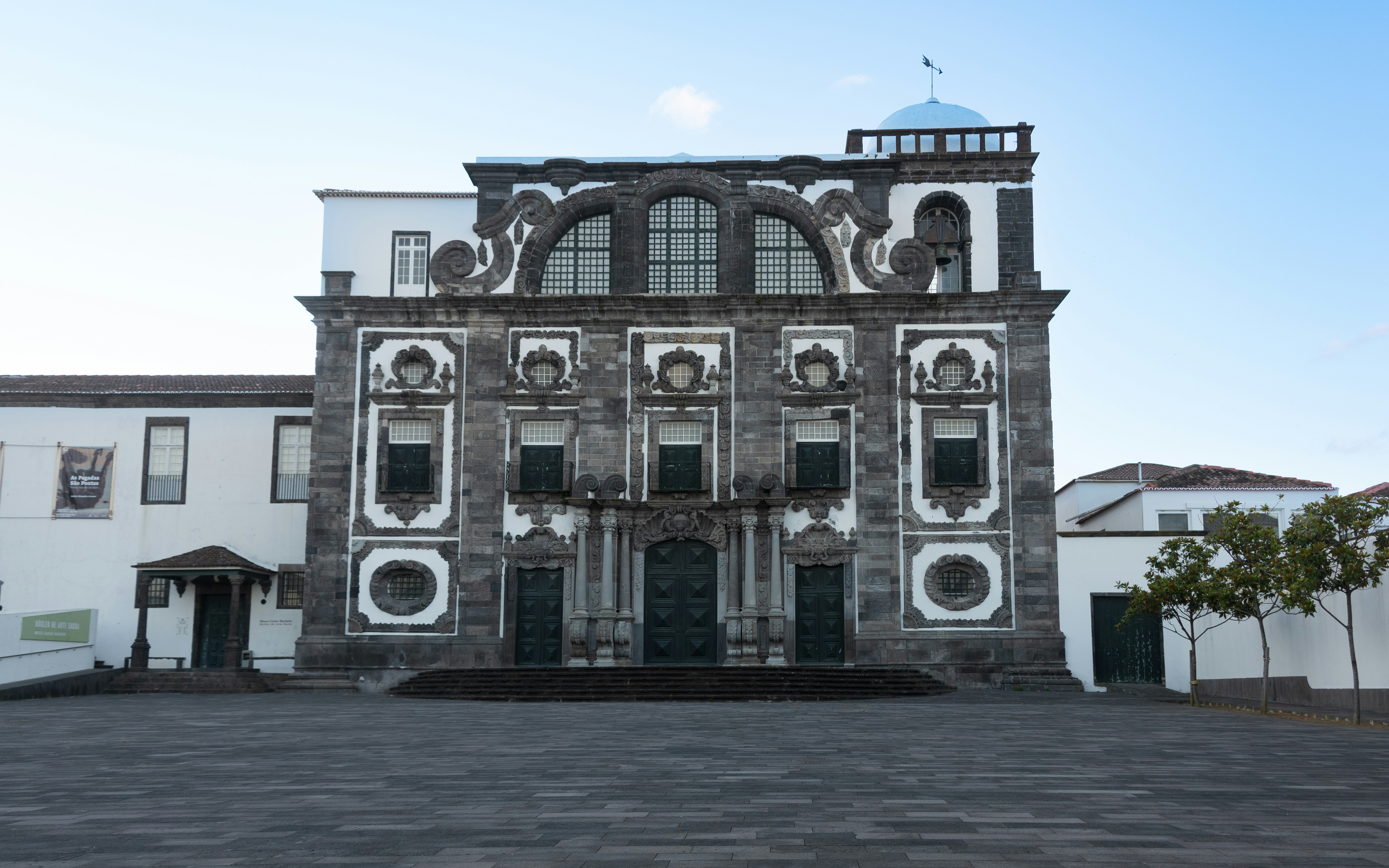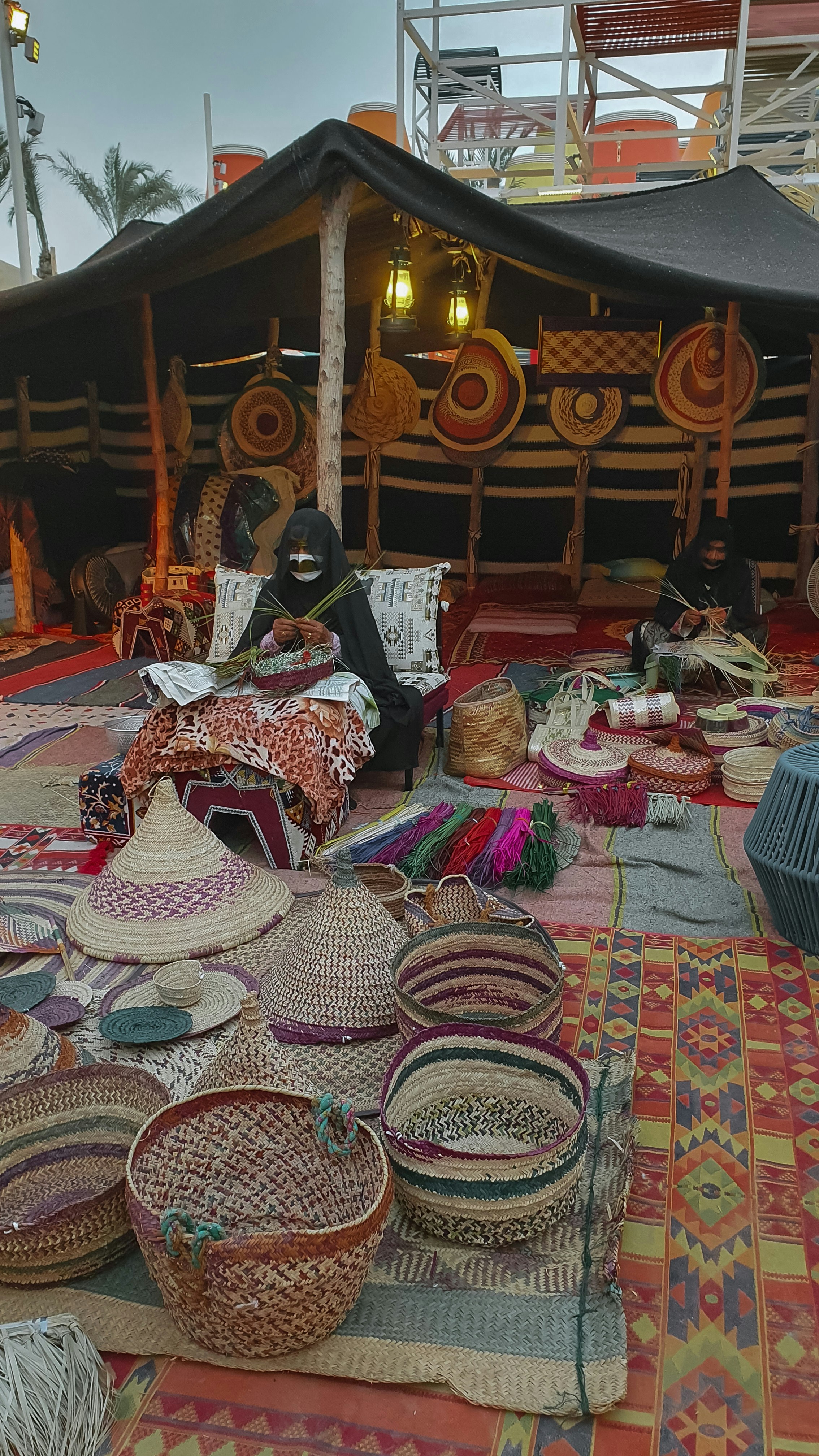The Importance of Preserving Old Traditions in a Modern Society
December 4, 2024 | by k12gaines@gmail.com
 Photo by Rucksack Magazine on Unsplash
Photo by Rucksack Magazine on Unsplash The Value of Old Traditions
Old traditions hold a significant place in shaping the identity of communities around the world. They act as a bridge connecting generations, enabling individuals to engage with their cultural heritage while fostering a sense of belonging. Through the preservation of these customs, societies maintain continuity and establish a shared narrative that defines their collective experience. The significance of traditions lies not only in their historical context but also in their ability to impart valuable lessons that remain pertinent in today’s rapidly evolving landscape.
Storytelling is a quintessential example of an old tradition that has transcended time and geography. This practice not only serves as a means of entertainment but also plays a crucial role in imparting moral values and cultural norms to younger generations. Through oral narratives, communities pass down knowledge, history, and wisdom, enriching their cultural tapestry. This continuity in storytelling helps reinforce moral codes and illustrates the journey of the society over time, ensuring that essential values are not lost.
Artisanal crafts represent another vital aspect of preserving old traditions. From weaving to pottery, these crafts are not merely decorative but encapsulate cultural stories and practices that have been honed over generations. The skills required for these crafts are often taught through familial lines, creating an intimate connection between the artisans and their heritage. Moreover, artisanal products contribute to the local economy, as they embody a unique identity that sets communities apart in a homogenized global market.
Traditional festivals serve yet another vital function in promoting cultural heritage. These celebrations bring communities together, fostering unity and collective identity through shared rituals and customs. They provide opportunities for individuals to reconnect with their ancestry, reinforcing the values and stories that shape their lives. In a world that often emphasizes fast-paced modernity, the relevance of these age-old traditions cannot be overstated, as they offer insights and teachings that remind us of our roots and the importance of cultural continuity.
Balancing Progress and Heritage
As societies evolve, the need to embrace modernity often poses challenges to the preservation of heritage. In an ever-changing world driven by rapid technological advancements and shifting societal norms, there is a pressing necessity to strike a careful balance between the allure of progress and the value embedded in old traditions. Neglecting the significance of cultural heritage can lead to a diminishment of identity and the potential loss of invaluable wisdom that has been passed down through generations.
One key strategy for maintaining this balance is through community engagement. By actively involving individuals in the celebration and practice of traditional customs, societies foster a deeper appreciation for their historical roots. Initiatives such as cultural festivals, workshops, and storytelling events can serve as platforms for intergenerational dialogue, allowing younger populations to learn from older generations directly. This communal participation not only revitalizes old traditions but also encourages adaptability, ensuring these customs remain relevant in a contemporary context.
Educational initiatives are another vital component in melding heritage with modernity. Incorporating lessons on traditional practices and histories into school curricula helps to equip young people with a comprehensive understanding of their cultural backgrounds. By highlighting the significance of these traditions, educational programs can instill values of respect and reverence among students for their heritage, thus laying the groundwork for future generations to thrive in a modern society that simultaneously honors the past.
Ultimately, recognizing the wisdom found in old traditions while navigating modern challenges can yield a richer, more diverse cultural tapestry. By weaving the threads of history into the fabric of contemporary life, societies can foster mutual respect and understanding across generations. This harmonious coexistence not only enhances community bonds but contributes to the overall stability of cultural identity in a rapidly evolving world.
RELATED POSTS
View all



